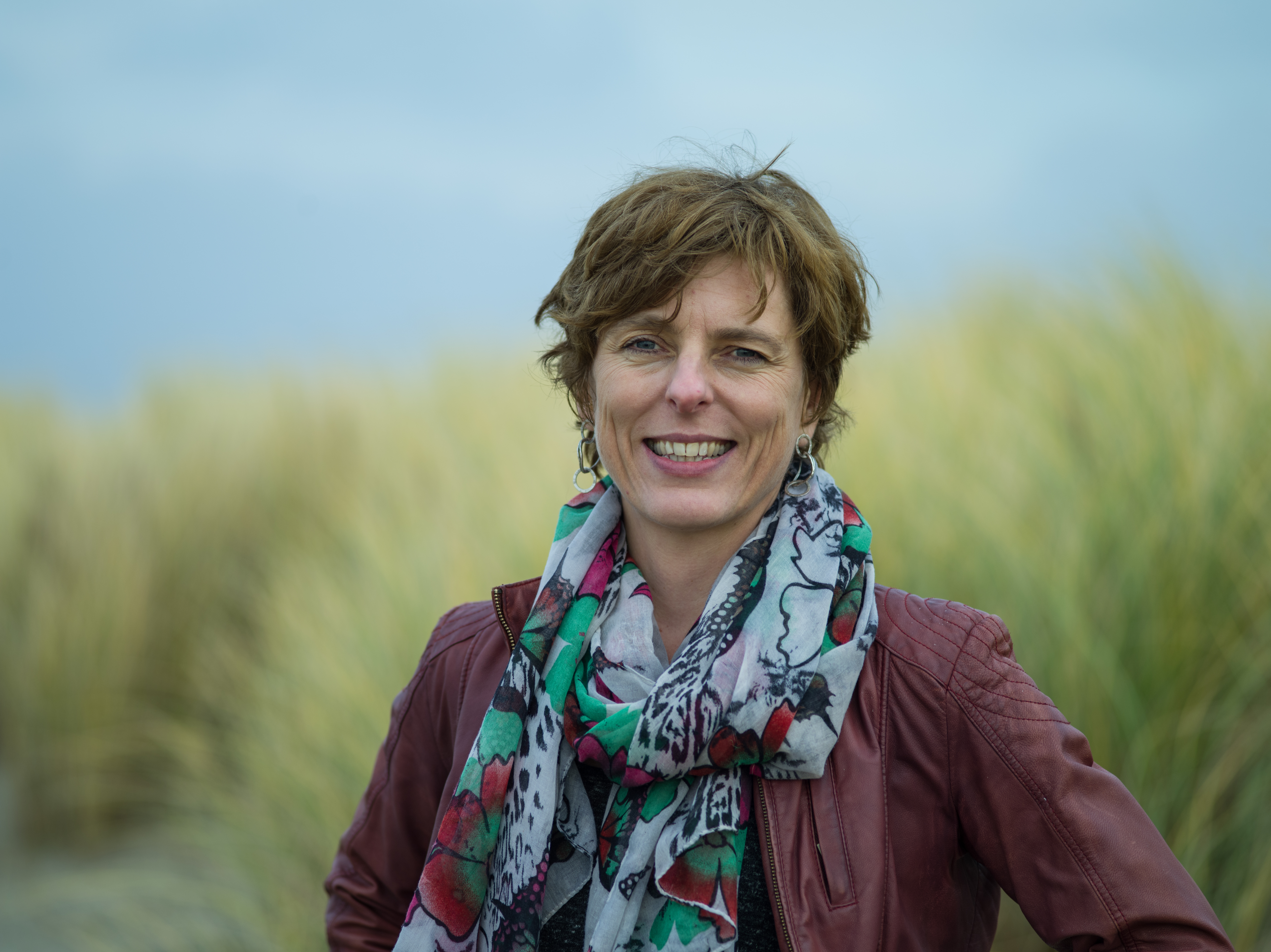Judith Bosboom was chosen as the Best Lecturer of TU Delft 2016.
“In primary school I was always the one who kept on asking why. It’s the kind of attitude I try to foster in my students.” Judith Bosboom teaches Coastal Dynamics I and was elected faculty lecturer of the year in 2016. Students value her because she shows great involvement and is always trying out innovative methods to help them master the often challenging subject matter. The 150 students who enter the course annually were almost unanimous in saying that they not only worked hard and learnt much but had also had enormous fun doing it. How did Bosboom do it?
“The success of an educational element depends partly on the procedures surrounding it,” she explains. Take for instance the testing system she developed. Bosboom came up with a smart design for voluntary intermediate testing. Phase 1 is all about learning and gathering feedback. A good score will lead to access to Phase 2 which offers the opportunity to score bonus points. Her aim was to achieve both greater student participation and deep learning. It was not only the bonus points that proved to be a motivator. The feedback from the first phase turned out to be extremely useful for students and created such a pleasant educational environment that most students participated. “A large part of the feedback I give students consists of questions. How did you tackle this subject to begin with? Did you stop to consider such and such? You can only begin to understand and solve a new issue by taking all the mental steps. Sometimes students have to get used to this way of working and feedback helps. Lectures often don’t contain these intermediate steps or connections, something I used to find very frustrating as a student.”
“Innovation is key,” Judith says. The innovation of the MSc coast & morphology curriculum which led to the present Coastal Dynamics I and II is a case in point. “The curriculum had become outdated. The renewed present two part curriculum means students learn much more in the same amount of time. An innovation of that magnitude is something you simply have to make time for.” But not all innovations work. A method pioneered by Harvard’s Eric Mazur, which involved reading the subject matter online and placing questions and feedback in the open online lecture notes, had to be reconsidered. Not all students reacted positively. “Some didn’t like to read everything online and the obligation to react to each other’s comments wasn’t always appreciated. I had a good think about it and I realised it’s really diametrically opposed to the way I normally work. I always give my students every opportunity to determine for themselves how they tackle a given subject. They must be free to decide whether to read the notes online or on paper and to work together on certain elements, or not. But I can imagine situations in which this approach would work, for instance for students who are involved in distance learning and who may have problems finding other students to interact with.”
Judith’s conviction that each student has a different optimum learning process typifies who she is as a teacher. “The study requirements and subject matter are fixed. But mastering them is an individual process. No student is the same and there is no such thing as a one-size-fits-all approach.”
Published: December 2016
